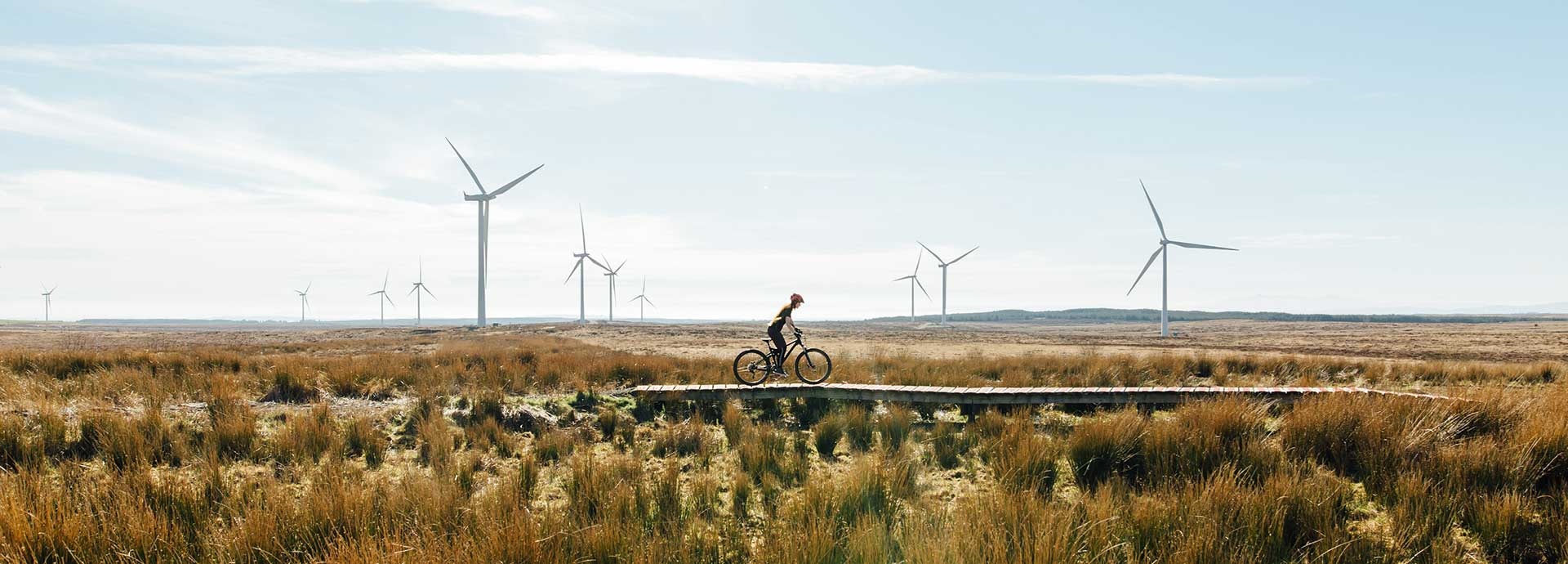

To improve the quality and equality of our IR communications, we have started to organise open quarterly Pre-silent calls with our CFO Arjen Berends. This quarter’s call was held on 29 March. In this blog post we summarise the main messages and questions from the call. If you would like to listen to the entire call, the recording is available here.
Before the Q&A session, Arjen provided a summary of the recent market development.
Wärtsilä complies with the sanctions that have been imposed on Russia due to the current unfortunate geopolitical situation, and has suspended exports, deliveries, and sales to Russia and Belarus. Human safety and prosperity are of very high importance to Wärtsilä, and we condemn the war. The direct effect of the sanctions to our supply chain is fairly insignificant, as we do not have many suppliers in Ukraine, Russia or Belarus. On the other hand, we are affected indirectly through higher raw material and energy prices. Cost inflation is accelerating, and supply chain bottlenecks is a growing issue as well. These issues were present already during Covid, but now with the Russia/Ukraine crisis we are seeing an acceleration.
In the longer term, Europe’s plans to decrease the dependency on Russian oil and gas is expected to support the transport of LNG, as well as renewable power generation which also requires energy storage and balancing power solutions. Although the demand for LNG carriers may increase in the near future, it is important to keep in mind that the Asian yards’ order books are full already and the delivery times will be long for new LNG carriers. We expect to see more interest in fuel saving equipment on the Marine side due to increased oil and gas prices. The cruise fleet activity flattened out at the beginning of the year due to the Omicron variant but should come back to 100% by the summer. Approximately 60% of cruise customers are in the US, and the US economy and consumers are expected to be more resilient during the crisis.
There were less announced orders for energy storage in Q1/22, will this be a lower quarter for storage orders or has there been more orders that were not announced?
Although we have a good pipeline, the accelerating raw material cost inflation has forced us to raise our prices, which has caused some customers to reconsider or postpone investments. The conversion speed from offers to contracts is slower than normal at the moment. For example, Lithium price has gone up by 500% during the past year, and more than doubled since last November.
How do you hedge against cost inflation?
It’s different per business type. For EPC contracts, we want to secure the cost structure before signing the contract and get a confirmation from the supply side about the prices. In build-to-order activities like engines, there are many components involved and we have long-term agreements with our suppliers. When the long-term contracts are renewed, there is pressure for price increases. We try to upgrade our quotation system quickly to make sure that we will not be the sponge in between. This is easier in services and more cumbersome in the newbuild business.
What are the implications of higher gas prices to the demand of your gas power plants?
We do not expect to see a big impact immediately. But if the gas price stays high for a longer period of time, that might have an effect on decision making. There will be opportunities in balancing power as the share of renewables increases.
Will the profitability mix of this quarter be similar to the Q4/21 mix? Are there any items in particular to take into consideration?
As we stated before, this year will be a newbuild year. Cost inflation has accelerated beyond our own expectations. On the service side it is easier to pass on the costs, whereas on the newbuild side it is more challenging.
Are there any discrepancies in the service business that we should take into account? E.g. availability of components, logistics, access to customer sites
Increased cost of supply affects both newbuild and spare parts. In services, the costs can be passed on faster. The availability of electrical components, such as semiconductors, is tricky, and there is an increased need to buy from the broker market, which is more expensive. Otherwise, the service outlook in spare parts is ok, and some customers are even buying them in advance. Regarding access to customer sites, China in particular still has strict Covid restrictions, and we have faced challenges there.
Are you discussing share buybacks?
That has not been in our discussions lately.
Announced orders for Q1
22.3.2022
Marine Power
Range of propulsion solutions, including Wärtsilä 31 main engine
Link to release
21.3.2022
Marine Systems
Service agreement covering the reliquefaction plant for four LNG Carrier vessels
Link to release
16.3.2022
Energy
A natural gas fuelled engine power plant
Link to release
10.3.2022
Marine Systems
Exhaust gas cleaning systems for two newbuild 218m RoPax vessels
Link to release
9.3.2022
Marine Power
Main and auxiliary engines, fuel storage tanks, gas handling equipment and electrical systems for a new RoRo
Link to release
15.2.2022
Marine Power
Engines, fuel storage and supply systems for three new LNG-fuelled RoPax vessels
Link to release
24.1.2022
Marine Power
Five Wärtsilä 32 engines capable of operating with methanol
Link to release
20.1.2022
Energy
A natural gas fuelled 110 MW flexible power plant
Link to release